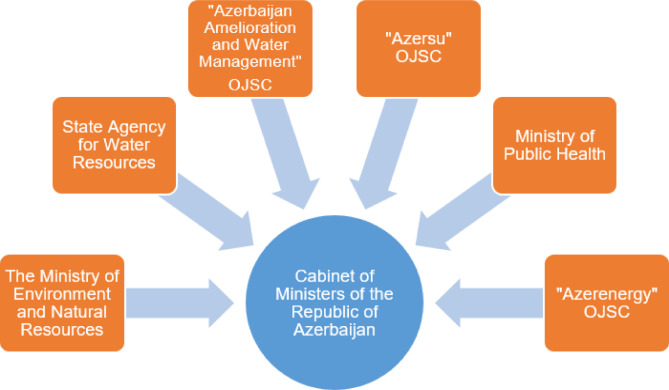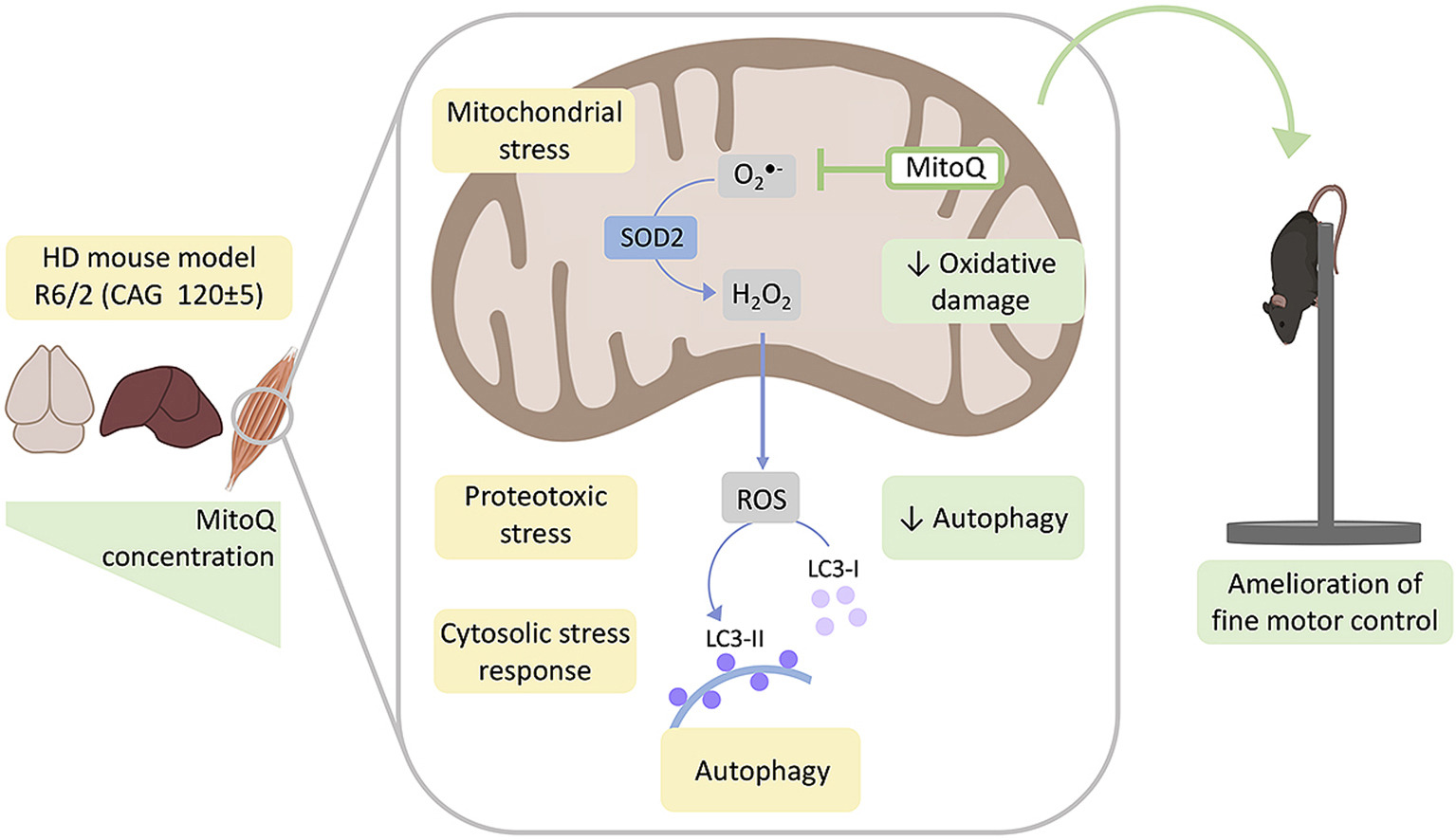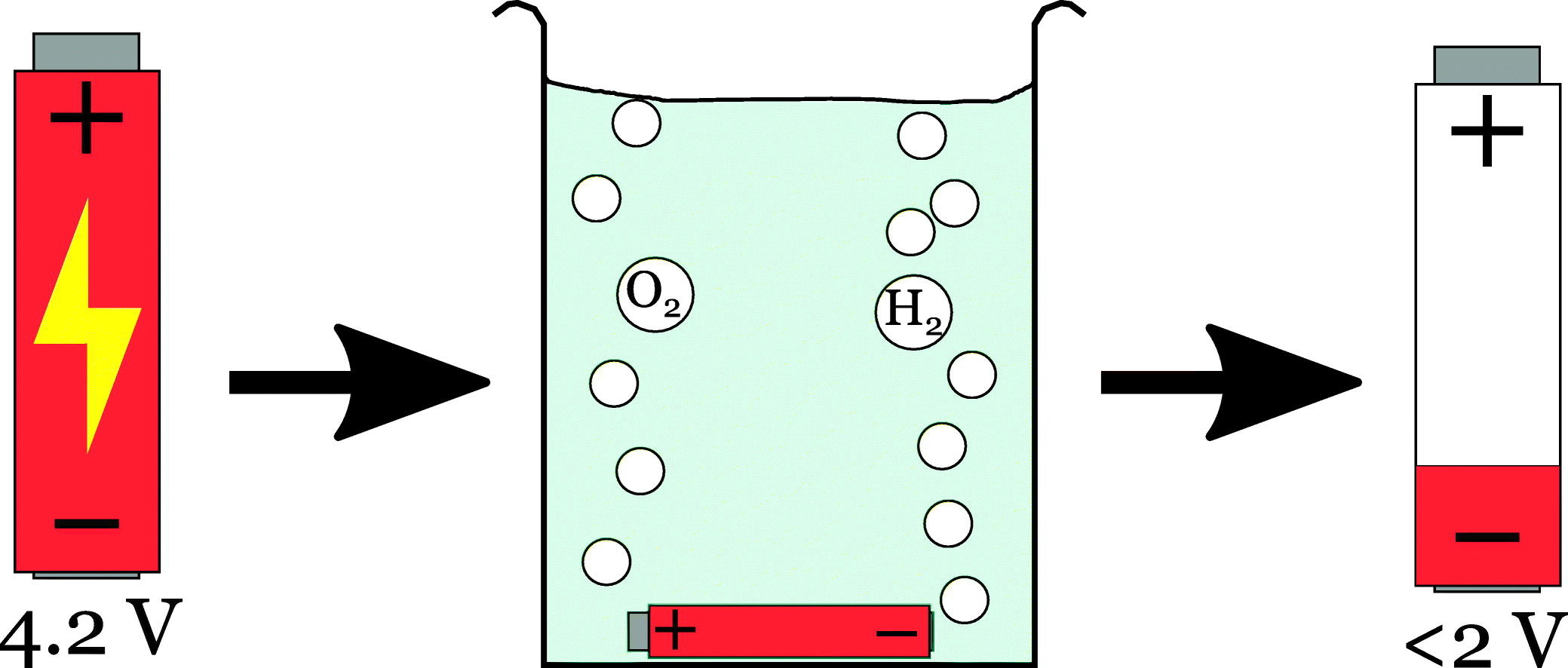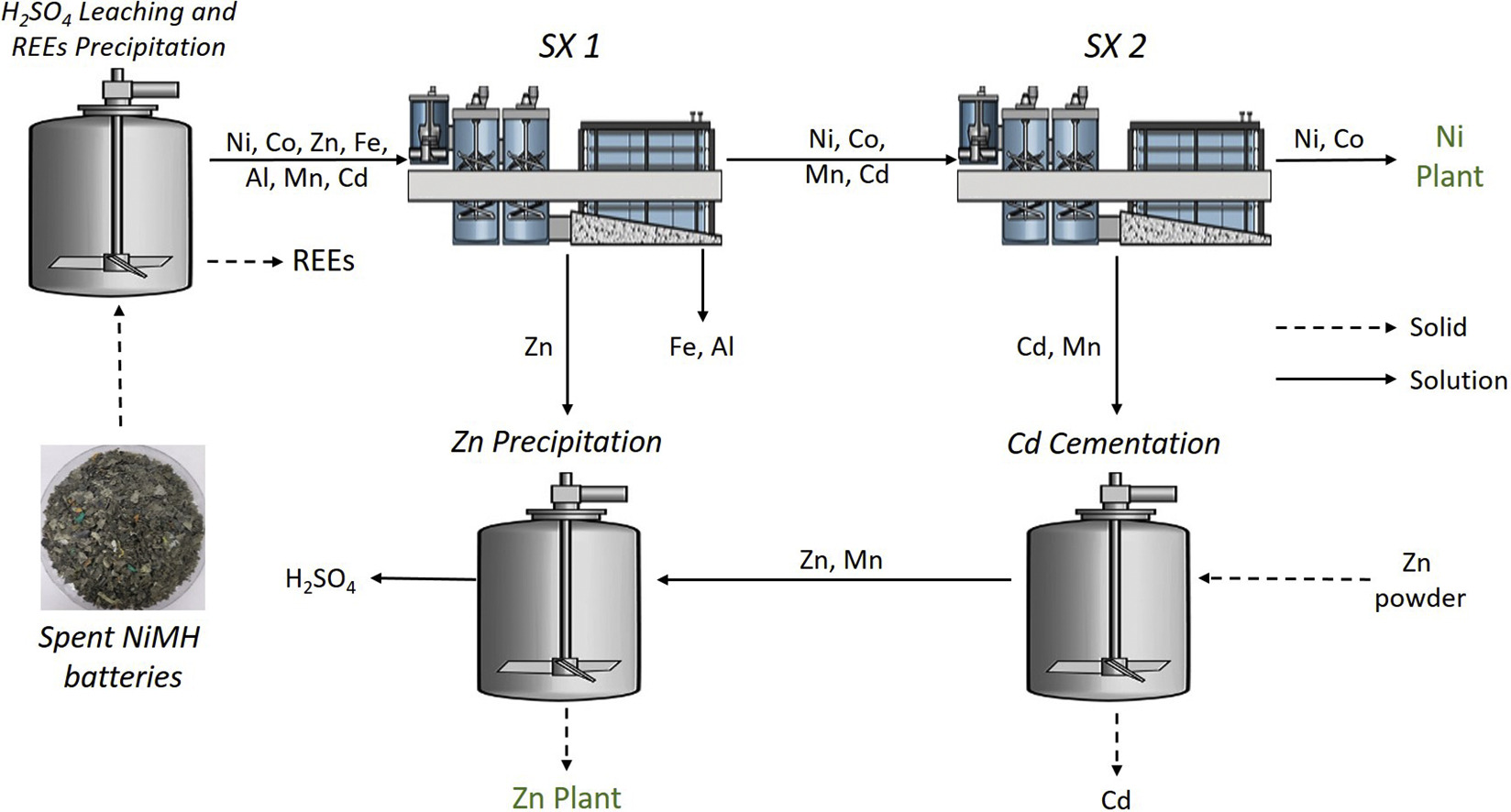Elsevier, One Earth, Volume 2, 24 January 2020
Biodiversity is in rapid decline, largely driven by habitat loss and degradation. Protected area establishment and management are widely used to maintain habitats and species in perpetuity. Protected area extent has increased rapidly in recent years with area-based targets set within international conservation agreements such as the Convention on Biological Diversity's Aichi Target 11.
Elsevier,
Free Radical Biology and Medicine, Volume 146, January 2020
Abnormal protein homeostasis (proteostasis), dysfunctional mitochondria, and aberrant redox signalling are often associated in neurodegenerative disorders, such as Huntington's (HD), Alzheimer's and Parkinson's diseases. It remains incompletely understood, however, how changes in redox signalling affect proteostasis mechanisms, including protein degradation pathways and unfolded protein responses (UPR). This article addresses this open question by investigating the interplay between redox signalling and proteostasis in a mouse model of HD, and by examining the in vivo effects of the mitochondria-targeted antioxidant MitoQ.
Elsevier, Metabolism: Clinical and Experimental, Volume 101, December 2019
Background: Metabolic syndrome is characterised by a clustering of metabolic risk factors including abdominal obesity, raised triglycerides, lowered HDL cholesterol, hypertension and impaired glucose tolerance. Multifaceted lifestyle interventions including diet and exercise are recommended as the first-line treatment for the metabolic syndrome. Objective: To investigate the effects of lifestyle interventions that include both diet interventions and supervised exercise on outcomes for people with metabolic syndrome. Methods: A systematic review and meta-regression was conducted.
Elsevier, One Earth, Volume 1, 20 December 2019
Global warming, air pollution, and energy insecurity are three of the greatest problems facing humanity. To address these problems, we develop Green New Deal energy roadmaps for 143 countries. The roadmaps call for a 100% transition of all-purpose business-as-usual (BAU) energy to wind-water-solar (WWS) energy, efficiency, and storage by 2050 with at least 80% by 2030. Our studies on grid stability find that the countries, grouped into 24 regions, can match demand exactly from 2050 to 2052 with 100% WWS supply and storage. We also derive new cost metrics.
Elsevier, Sustainable Materials and Technologies, Volume 22, December 2019
The development of mass-market electric vehicles (EVs) using lithium-ion batteries (LIBs) is helping to propel growth in LIB usage, but end-of-life strategies for LIBs are not well developed. An important aspect of waste LIB processing is the stabilisation of such high energy-density devices, and energy discharge is an obvious way to achieve this. Salt-water electrochemical discharge is often mentioned as the initial step in many LIB recycling studies, but the details of the process itself have not often been mentioned.
Elsevier, Sustainable Materials and Technologies, Volume 22, December 2019
The utilization of existing metallurgical infrastructure and integration of secondary process streams into primary metals production can provide advantages over separate recycling plants. This paper focuses on the integration of a pregnant leach solution (PLS) into a nickel production plant that contains Ni, Co, Zn, Mn, Fe, Al and Cd ions, derived from a NiMH recycling stream.
Elsevier, Fire Safety Journal, Volume 110, December 2019
The International Association of Fire Safety Science (IAFSS) is comprised of members from some 40 countries. This paper presents the Association's thinking, developed by the Management Committee, concerning pressing research needs for the coming 10 years presented as the IAFSS Agenda 2030 for a Fire Safe World. The research needs are couched in terms of two broad Societal Grand Challenges: (1) climate change, resiliency and sustainability and (2) population growth, urbanization and globalization.




